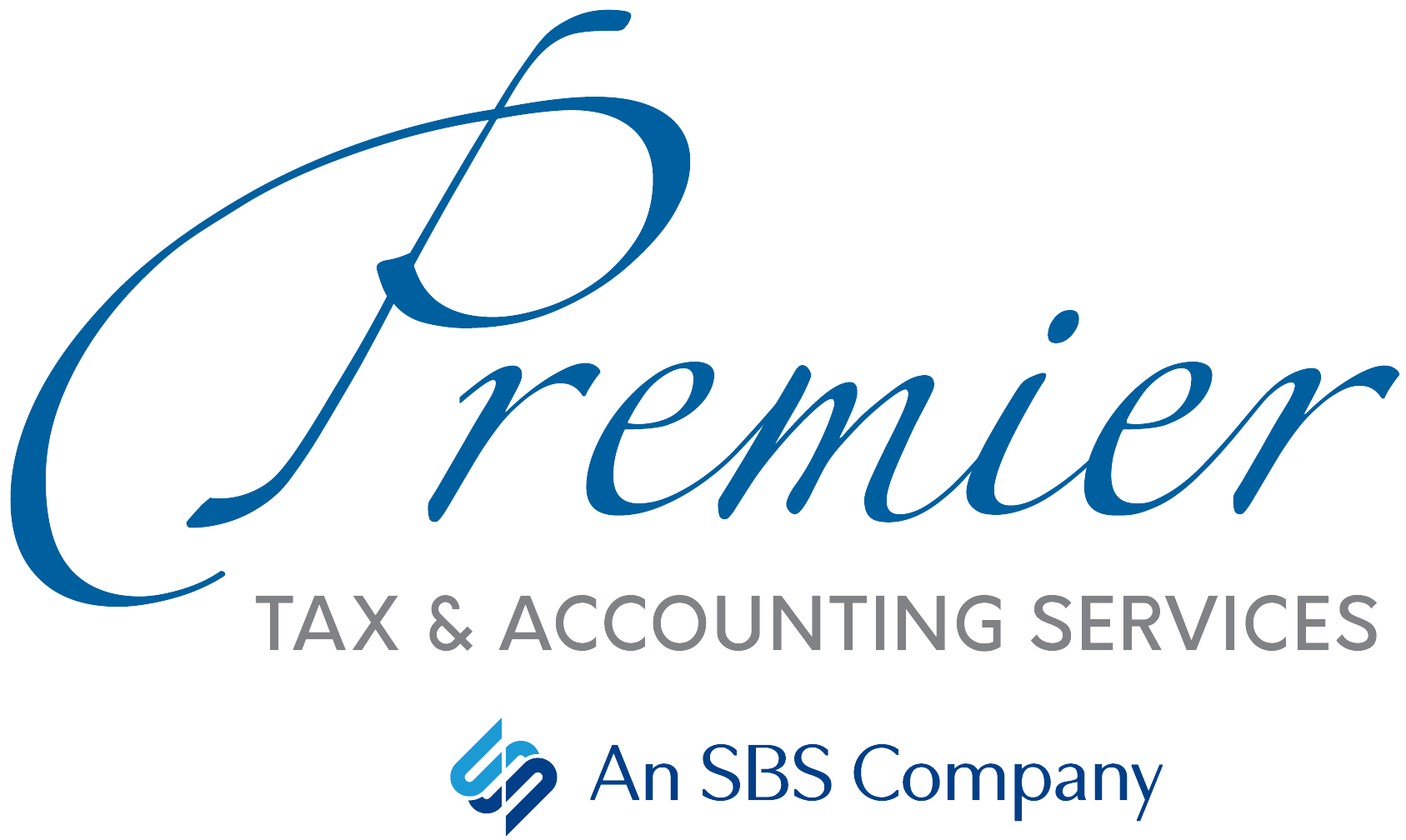Tax planning, on the other hand, is a year-round process designed to help you make smart, tax-advantaged decisions that impact your personal and business finances. Whether you’re an individual or a business owner (or both), you can take advantage of the tax planning services that we provide here at Premier CPA Services. With two full-time CPAs on staff, we are uniquely qualified to provide you with in-depth experience and knowledge of tax law.
For example, we can help you maximize deductions, offset investment gains, determine your maximum retirement plan contribution, and help you decide the best time to make capital expenditures. By spending just a small amount of time with your CPA, you can minimize your tax liability on next year’s return when tax preparation comes into play!
It all starts with a phone call to set up a year-end meeting. Just call us at 706-632-7850. But please do it soon — we have limited appointment times and they fill up fast!
Tax Law Changes Simplify Accounting for Small Businesses
Tax law changes that were part of the Tax Cuts and Jobs Act (TCJA) now allow more small businesses to use the cash accounting method, which is the simplest approach. The cash accounting method is a more immediate recognition of revenue and expenses, while the accrual method focuses on anticipated revenue and expenses.
Prior to the TCJA, a “C” corporation wasn’t eligible to use the cash method of accounting unless it had average annual gross receipts for the previous three years of no more than $5 million. Beginning in 2018, the TCJA increased this threshold — to $25 million for 2018 and $26 million for 2019 — with inflation indexing in future years.
Of course, a few special rules apply:
- Gross receipts are aggregated for a single employer.
- A corporation less than three years old uses the gross receipts test for the period in which it’s been in business.
- Gross receipts for a tax year of less than 12 months must be annualized using a specific formula.
If a small business meets the new gross receipts test, they can also take advantage of these other simplifications:
– Exemption from requirements to account for inventories, capitalize certain costs and account for long-term contracts using the percentage-of-completion method.
– Exemption from the requirement to keep inventories by now requiring the accounting for inventory as non-incidental materials and supplies, or by using an accounting method conforming to its financial accounting statement.
– Exemption from Section 263A uniform capitalization (UNICAP) rules.
– Extension of exception for “small construction” contracts to use a completed-contract method, the exempt-contract percentage-of-completion method or any other permissible method.
If you think your business can take advantage of these new rules, contact us today and we can help you make the change go more smoothly.



